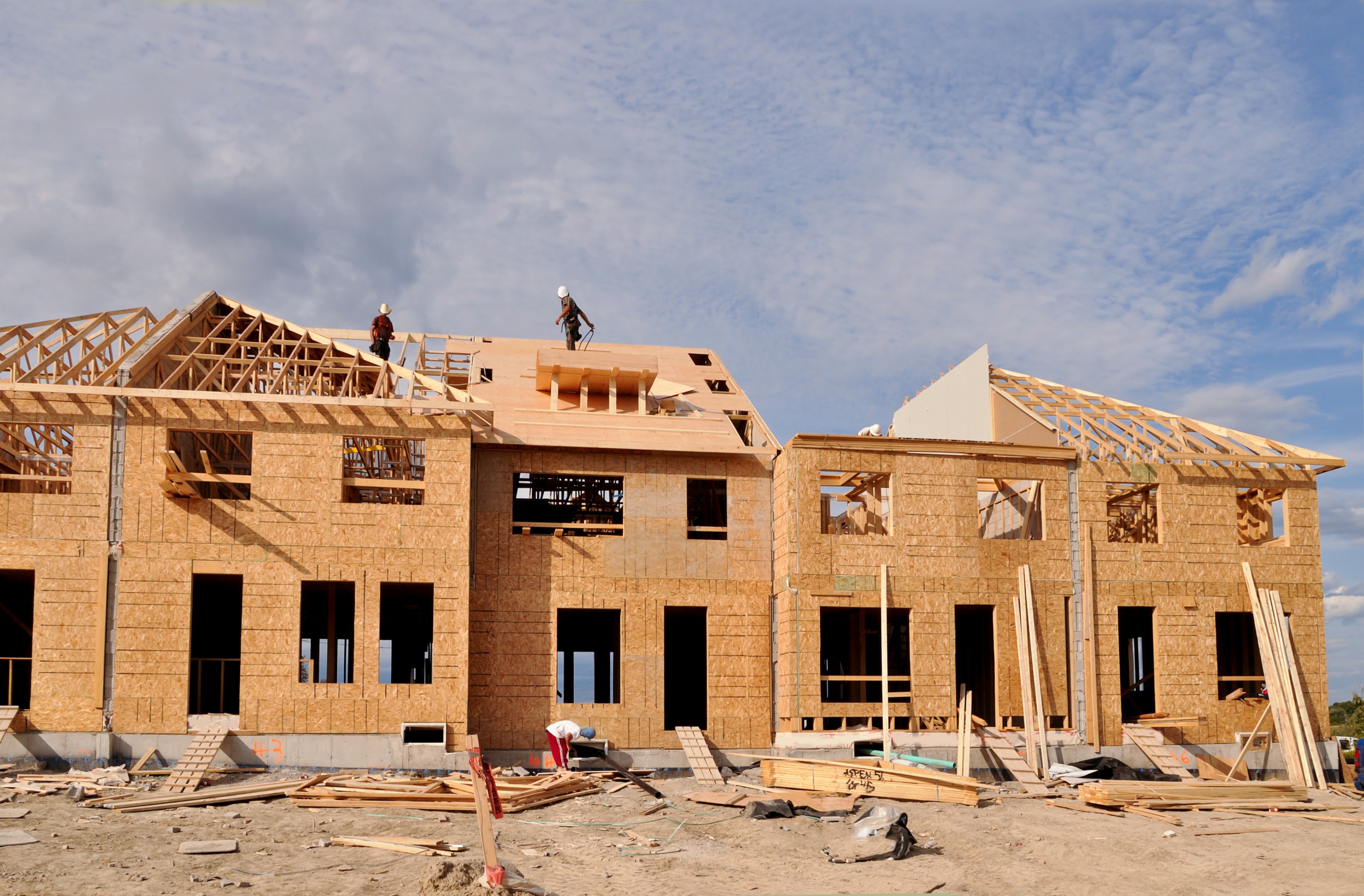What are the real estate trends for 2022? Ilyce Glink recently returned from the National Association of Realtors 55th annual conference in Miami and offers this look at Real Estate Trends for 2022. For more trends and real estate news, sign up for Ilyce’s new newsletter, Love, Money + Real Estate.
Trends in Real Estate 2022
Real estate is the #1 spectator sport. Why? Everyone has to live somewhere. Whether you own, rent or invest, real estate is a part of our lives, and keeping up with the latest trends has become a full-time job.
At the recent National Association of Real Estate Editors Conference, in Miami, I listened to a number of panel discussions that look at the latest trends in real estate, changes you’ll soon see in your own neighborhood. Here’s what to watch out for:
Real Estate Trend: iBuyers
iBuyers have shifted into second gear. iBuyers are companies that purchase your home, allowing you to purchase your next house unfettered, at your convenience. While Zillow failed when it launched Zillow Offers, other so-called iBuyer companies like OpenDoor and OfferPad seem to be going strong. One iBuyer, Knock, is shifting from a true iBuyer to a mortgage lender. Watch for more of these to make this change.
Todd Teta, of Attom Data Solutions, says that Zillow got a few things wrong, such as how they scaled their product, pricing algorithms and understanding the complexity of the business (which includes buying the buyer’s home, closing on the purchase, renovating it, selling it and closing on the sale).
But even as Zillow exits the market, iBuying seems to be getting more popular. I heard from more than one attendee, “iBuying solves problems buyers have.”
Real Estate Trend: Millennial home buyers
Never fear, the Millennials are here. Millennials now make up more than half of all home buyers, but they’re finding it tough going. Born from 1981-1996, Millennials are finding a super-charged housing market fueled by historic low interest rates and very short supply. The National Association of Realtors has said that the U.S. is some 6.5 million homes short. The pandemic pushed Millennials out of city centers into the suburbs and beyond, looking for more room. According to real estate industry observers, that move out is not likely to reverse any time soon.
That means too many Millennials are chasing too few homes. which is playing out with sky high home valuations and the speed with which the housing markets all over the country are moving. According to Zillow, homes went from listing to contract in just six days in the first quarter of 2021.
Real Estate Trend: Tiny homes on wheels
According to Andres Duany, an architect, urban planner, and a founder of the Congress for the New Urbanism, the great play in real estate is under-utilized parking lots. Apparently, tiny homes are great but need a place to park. Parking lots have utilities and footings and no negative environmental impact, Duany explains. Plus, half the cost of a house on wheels is the footing.
So, if you’re looking for a great investment in 2022, try a parking lot.
Real Estate Trend: Cash out refinances are back in vogue
Frank Nothaft, chief economist of Core Logic, says cash-out refinancings are back big-time. According to Black Knight, borrowers tapped $70 billion of home equity during the summer of 2021, the most since 2007. While that sounds like a lot, it’s not even one percent of all available equity, according to the report.
Mortgage borrowers have extremely high credit scores, and lenders are finding they have enough business without resorting to loosening standards or requirements.
Real Estate Trend: Build-to-Rent
There are institutional investors throwing “stupid” money at developers to build single-family homes they can rent for cash flow. The problem is that the $20 billion (one number that was thrown out at the NAREE conference) could be spent to build single-family homes for sale. The U.S. has a housing shortage – by about 6.5 million homes. Not all of that demand is for homes to buy. A lot of it is for rental properties.
The concern is that these rental communities might be built and sold, and then won’t be kept up by the new buyers. Adam Ducker, CEO of RCLCO, a real estate consulting firm, says they could be “slums” in 30 years. I prefer to think of them as rental buildings that later turn into condos.
It’s tough enough to finance real estate these days. Rental buildings are easier to finance and get built than a single-family home development.
Real Estate Trend: The Housing Affordability Crunch of 2022
Zillow’s Nichole Bauchaud says that the coming housing affordability crunch will be the worst in the south. “The sunbelt will be in the spotlight,” she notes.
If you live in Austin, Miami, Phoenix and Tampa, and you’re hoping to buy a home, you’d better act quickly. People are spending more than 30 percent of their income on their rent or mortgage, which means they’re considered to be “housing burdened.”
In Austin, you’ll have a harder time buying a house. Miami is currently the most unaffordable city outside of California, but Bauchaud says Austin is about to pass that “shortly.”
Real Estate Trend: Covid
During one of the sessions, Ana Bozovic, of Analytics.Miami, commented that “Covid is a grand accelerator of trends.” Whether it’s the conversion of retail strip centers, Millennial home buying patterns, record levels of transaction volume, or the rise in home valuations, Covid has pushed real estate trends faster.
“Covid made people wake up and say, ‘Wouldn’t it be nice to have more space?’ But we don’t think it will revert any time soon,” notes RCLCO’s Adam Ducker.
Read More:
Should Parents Split an Inheritance Equally?
Should My Wife Take Social Security at 62?
Buying a House in 2021 is Hard: Is Building More Homes The Answer?







Leave A Comment